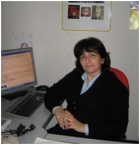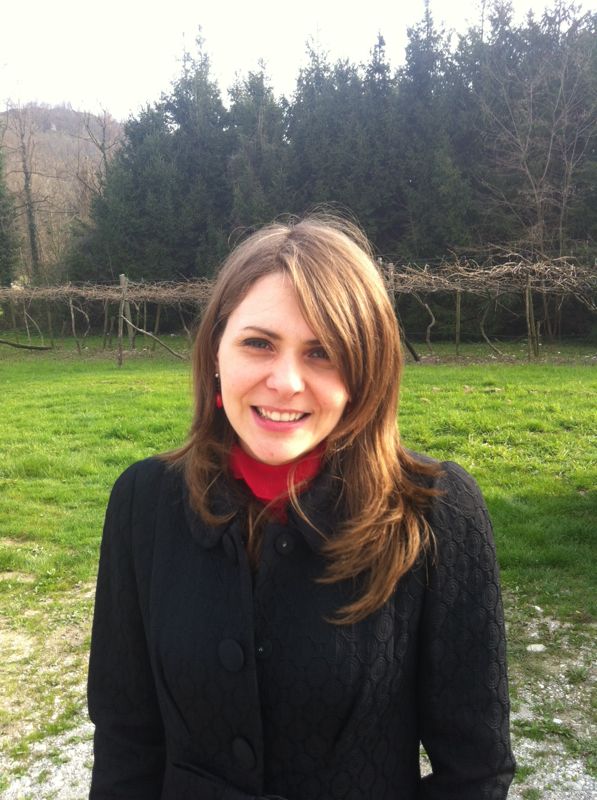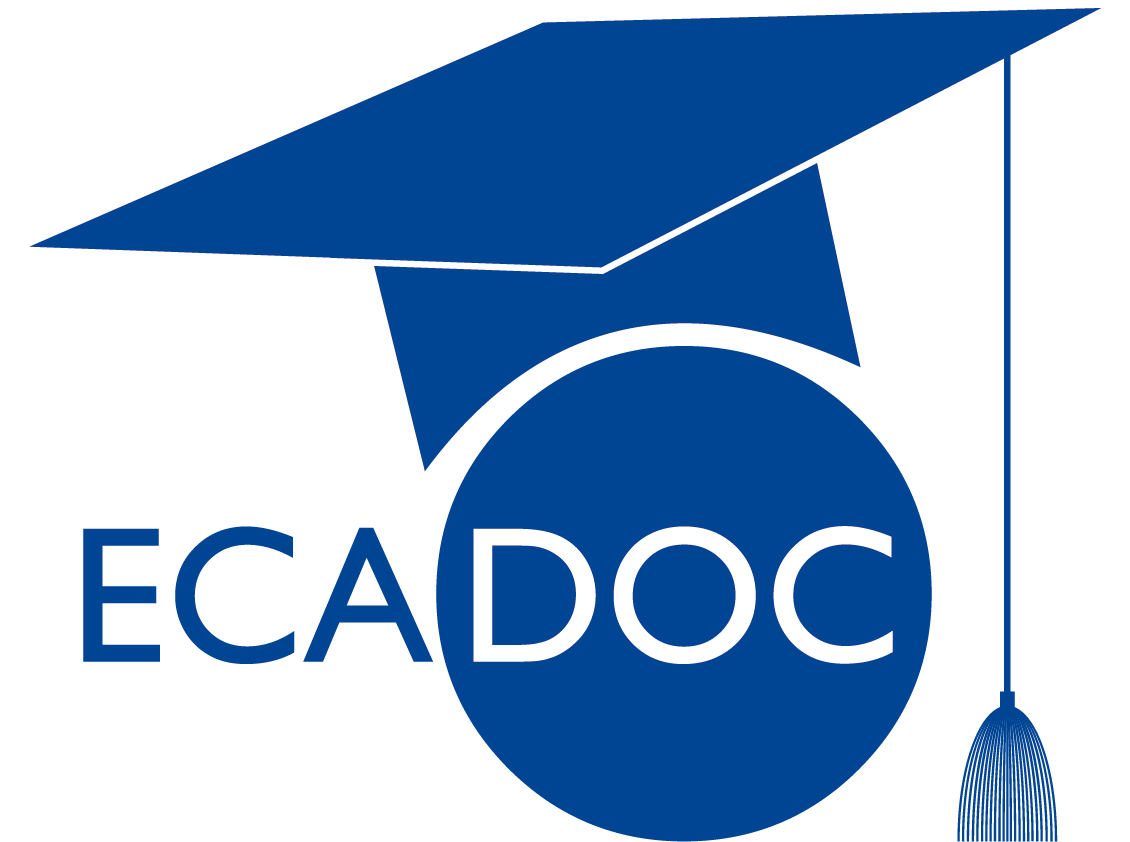 |
LEA FERRARI
She is an assistant professor at the Department of Philosophy, Sociology, Pedagogy and Applied Psychology, School of Psychology,University of Padova. She teaches Diversity management in the workplace and Psychology of work inclusion for people with disability and is member of the teaching staff of the post-graduate Master Course in ‘Life Design and Career Counseling’. She actively collaborates with the Larios Laboratory (Laboratory for Research and Intervention in Vocational Designing and Career Counseling) and of the University Centre for Research and Services on Disability, Rehabilitation and Inclusion, at the University of Padova. She is member of SIO (Italian Society of Vocational Guidance), of the European Society for Vocational Designing and Career Counseling, and of the International Section of Counseling Psychology, Division 17, American Psychological Association.
She is member of the Career Adaptability International Collaborative Group and of the European project University Network for Innovation in Guidance - Lifelong Learning Programme (2009-2012/2013-2015). She is co-editor of The Italian Journal of Vocational Psychology and the newsletter of the SIO. She is co-editor of the Giornale Italiano di Psicologia dell'Orientamento [Italian Journal of Vocational Psychology], and ad hoc reviewer of Journal of Happiness Studies, International Journal for Educational and Vocational Guidance, Scandinavian Journal of Psychology, Educational Research Review, and Social Behavior and Personality, Journal of Counseling Psychologist.
Research interests. As regards the field of career counseling, research activities are related to the study of career construction over the life according to the latest approaches of life design and the sociocognitive model. Special attention is paid to the development and adaptation of assessment instruments with regard to self-determination, career adaptability, career preparedness, the concept of work and also to hope, optimism, time perspective and resilience. As regard the intervention activities, her interests focus on career counseling and career education programs for young people and adults with diverse characteristics (disability, disadvantages, etc.).
As regard the field of disability, research activities focus on the variables that characterize the quality of life of people with disabilities and their self-determination. Attention is given to the development of assessment instruments and intervention programs related to these variables. More recently her interests focus on disability management and on the study of factors involved in the processes of job placement and job search for adults with disability and psychosocial distress.
|
 |
TERESA MARIA SGARAMELLA
She is assistant professor at the Department of Philosophy, Sociology, Education and Applied Psychology, University of Padova where she teaches Models and programs of rehabilitation across life span, and Rehabilitation Counselling, and is teaching staff of the post-graduate Master Course in ‘Life Design and Career Counseling’. She is member of the Larios Laboratory (Laboratory for Research and Intervention in Vocational Designing and Career Counseling) and of the University Centre for Research and Services on Disability, Rehabilitation and Inclusion of the University of Padova. She is also member of the Italian Society of Vocational Guidance (SIO).
The most relevant international memberships are: European Society of Vocational Designing and Career Counseling; American Psychological Association (Division 17 and 22) and the Society for the Study of Emerging Adulthood (SSEA).
She is also one of the Italian representative in the European project University Network for Innovation in Guidance (NICE) - Lifelong Learning Programme (2009-2012/2013-2015).
She is ad hoc reviewer of the Giornale Italiano di Psicologia [Italian Journal of Psychology], Education, International Journal of Brain and Behavioral Sciences, Journal of Prevention and Treatment, Clinical Practice.
As a member of the International Hope Research Team - IHRT, she coordinates a special research group interest on hope, optimism and future time perspective in disability and in psychosocial risk conditions.
As regards vocational psychology and career counseling, research efforts are directed to the study of the role cognitive (executive processes) and context on life design and planning. Additionally she is interested on qualitative assessment in career and rehabilitation counseling; on the implementation of preventive and conselling activities for developing Life Skills and fostering school, social and work participation of persons living at risk conditions, and of young and adults with developmental and acquired disabilities. |
 |
MARIA CRISTINA GINEVRA
She is a research fellow at the Department of Philosophy, Sociology, Pedagogy and Applied Psychology, University of Padova. She is also an adjunct professor at the Department of Psychology, University of Milan-Bicocca, Italy, where she teaches Psychology of disability and school inclusion. She collaborates with the Larios Laboratory (Laboratory for Research and Intervention in Vocational Designing and Career Counseling) and of the University Centre for Research and Services on Disability, Rehabilitation and Inclusion, at the University of Padova. She is a member of the Italian Society for Vocational Guidance, of AIP (Italian Association of Psychology), and of the European Society for Vocational Designing and Career Counseling.
Research interests. Research activities concern the fields of school-career counseling and psychology of disability. As regards school-career counseling, research efforts are directed toward the study of variables and dimensions related to Life Design approach and Socio-cognitive career theory, setting up of assessment instruments and career education activities aiming at increasing choice abilities.
As regards psychology of disability, research activities regard the analysis of the factors associated with the social and work inclusion with special attention to career development, sexuality, and school context. |
| |
|
| |
|



